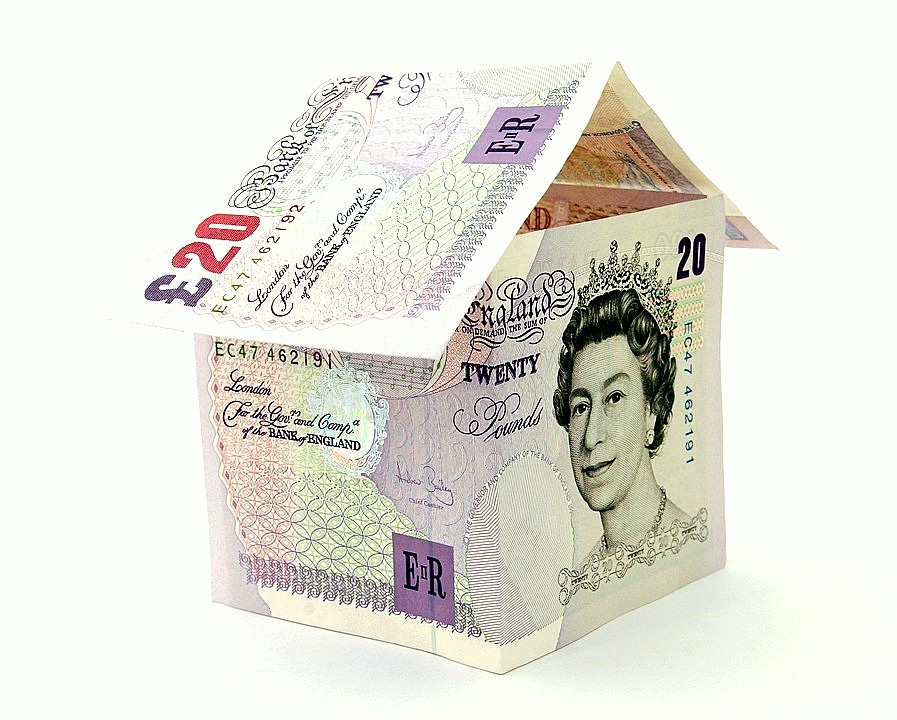 Property can be a great investment, but it’s important to carry out due diligence before you part with your cash. Although you can get high returns from a property investment, there are risks too. By taking extra precautions to ensure you’re investing wisely, you can increase the likelihood of making significant gains. With this in mind, take a look at these 4 things you must do before you invest in your next property:
Property can be a great investment, but it’s important to carry out due diligence before you part with your cash. Although you can get high returns from a property investment, there are risks too. By taking extra precautions to ensure you’re investing wisely, you can increase the likelihood of making significant gains. With this in mind, take a look at these 4 things you must do before you invest in your next property:
-
Get to Know the Area
If you’re purchasing a property in an area you’re unfamiliar with, it’s vital to spend time getting to know the location. Visiting the area or undertaking online research can help you to establish which properties are in a favourable location. Furthermore, being able to identify up and coming locations will help you to select properties which are set to grow in value in the near future. These can be a great investment opportunity, so it’s well worth spending your time researching the area and finding out everything you need to know.
-
Consider All Financing Options
Even if you can afford to purchase a property outright, this isn’t always the best way to invest. In some instances, taking out a mortgage can be a savvy way to retain your liquid assets. However, there are numerous different types of mortgages, such as fixed-rate, standard variable rate, tracker, capped rate and expat mortgages. Looking at each financing option in detail will help you to choose the right type of mortgage or loan for your investment and could increase your future returns.
-
 Check the Data is Fresh
Check the Data is Fresh
When you’re preparing to make a property investment, you’ll come across a variety of data. Some of this can be extremely valuable, but it’s important to be able to differentiate between useful and useless data. If you’re buying in a densely populated area, for example, looking at sold prices in a five-mile radius may not give you a true indication of what a particular property is worth, especially if local properties are a mix of terraced houses, flats and sprawling detached estates.
Take the time to identify which data provides accurate and meaningful information. Double-checking that online data was collected recently, for example, is a good first step to ensuring it tells an accurate story.
-
Develop a Strategy
Having an investment strategy is critical to your success, so think about what your goals are. Do you want to renovate a property and sell it quickly for a profit? Generate rental income as well as capital? Or are you going to live in the property and hope it increases in value? These are all viable forms of investment, but the varying targets may affect your search criteria.
Choosing to Invest in Property
Investing in property can be a great way to use your capital. Although property investments are less risky than some other types of investment, they’re never guaranteed. By conducting thorough research and getting to know the market, however, you can ensure you’ve got all the information you need to make an impressive return.
You must log in to post a comment.